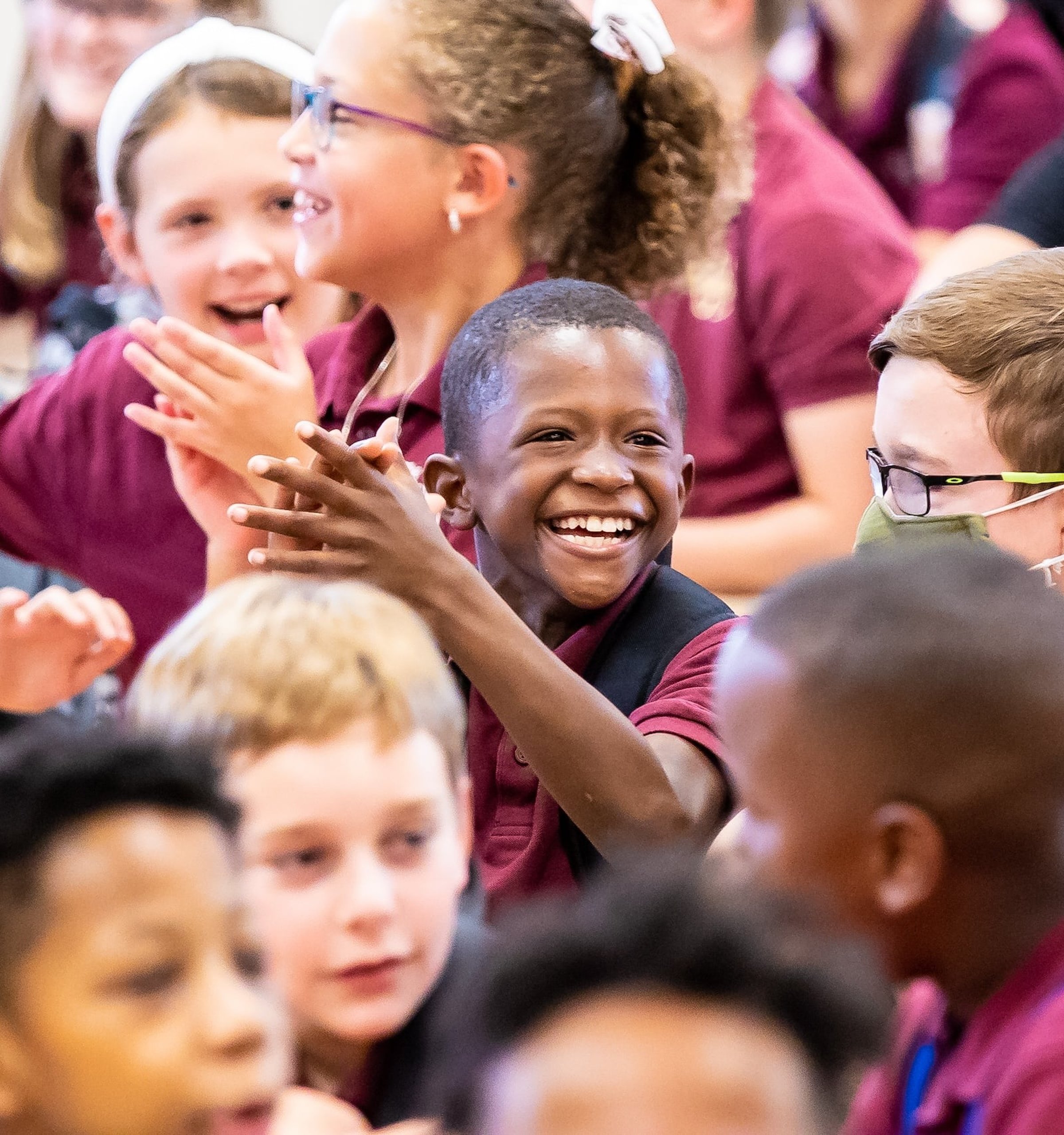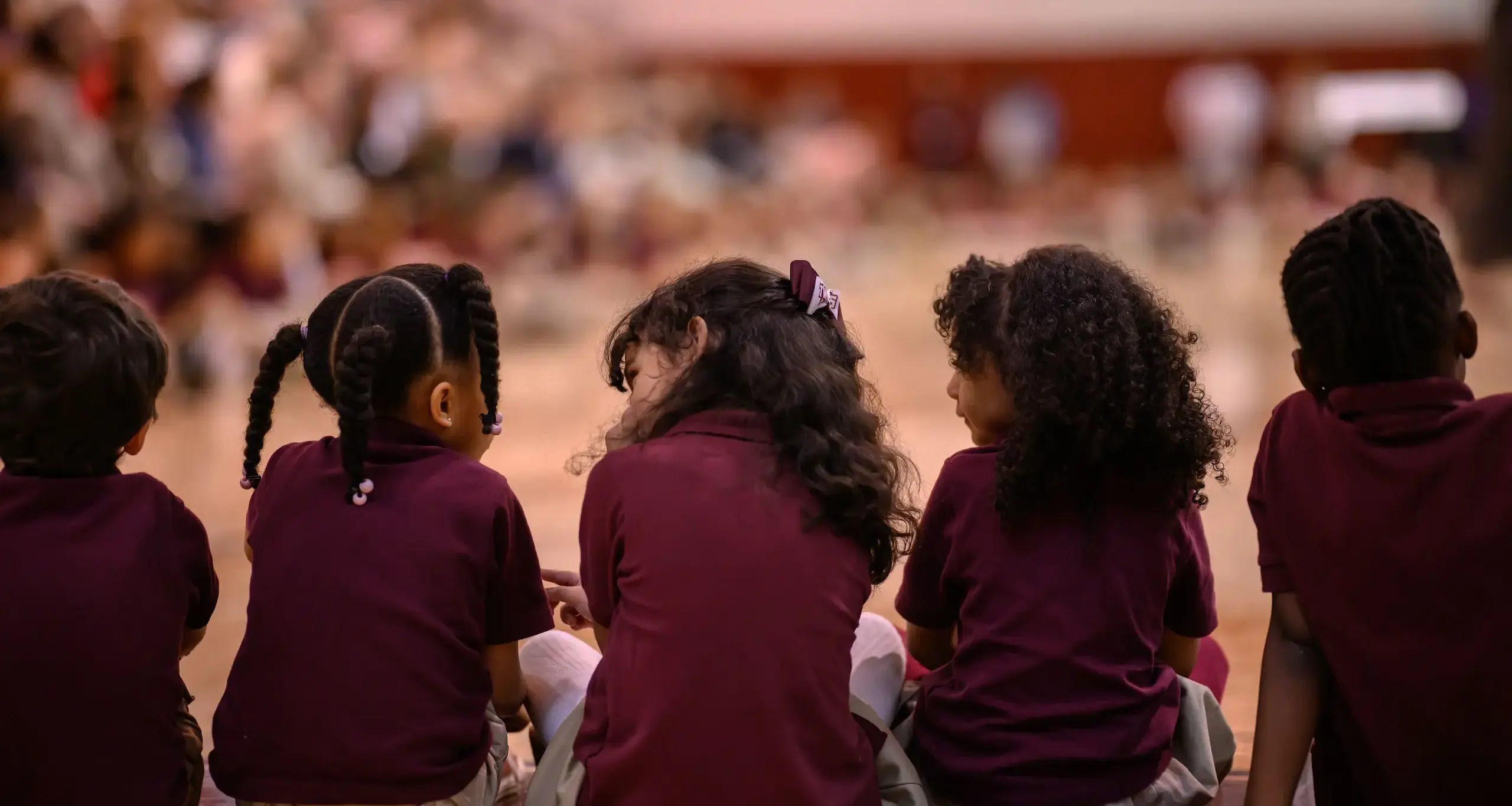In The Walker Primary School, children are given the tools and space to develop the self-confidence and self-esteem that will ensure their first steps on the path of discovery lead to a lifetime of learning and success.
Each class studies phonics, reading, handwriting, math, science, social studies, and character education. Co-curricular teachers also provide instruction in science, art, computer, Music and Movement, TEC, library and Spanish.
Our Primary School students follow a weekly schedule that includes a few co-curricular classes each day throughout the week. The morning begins with unstructured play at drop-off to allow students to settle in with friends before Morning Meeting, which involves all students and helps to build classroom community as well as set students up for a successful day.
ART
Primary School students attend art class twice each week, experimenting with a wide variety of materials. Projects are designed to foster creativity and develop fine motor skills. The Primary School also has its own kiln, enabling students to experiment with ceramics at every grade level. The popular Primary School Art Show is a highlight of the spring and showcases art created throughout the year.
_469.webp?version=638586222062730000)
LIBRARY
Time in the Primary School library is spent exploring the world through literature and multimedia. From nursery rhymes to important biographies and folk tales from around the globe, our dedicated Primary School library contains rich children’s literature from all genres, and students enjoy checking out books each week.
_3350.webp?version=638628868106870000)
TECHNOLOGY,
ENGINEERING AND
CREATIVITY
Students are introduced to the TEC (Technology, Engineering and Creativity) co-curricular in Pre-Kindergarten, where they participate in various STEM-based activities including an introduction to the engineering design process and simple coding.
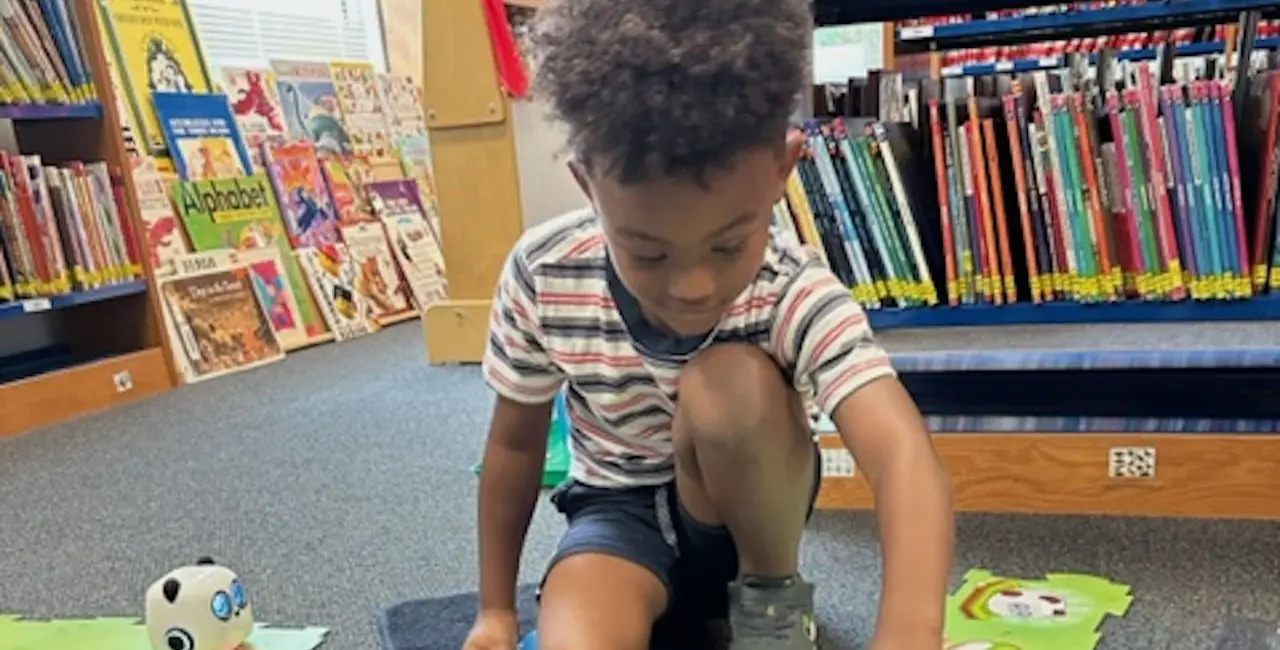
SCIENCE
Weekly science lessons are another highlight for Primary School students. Students think critically and ask questions like a scientist as they experiment, explore and engage in hands-on activities with a focus on cooperative group learning.
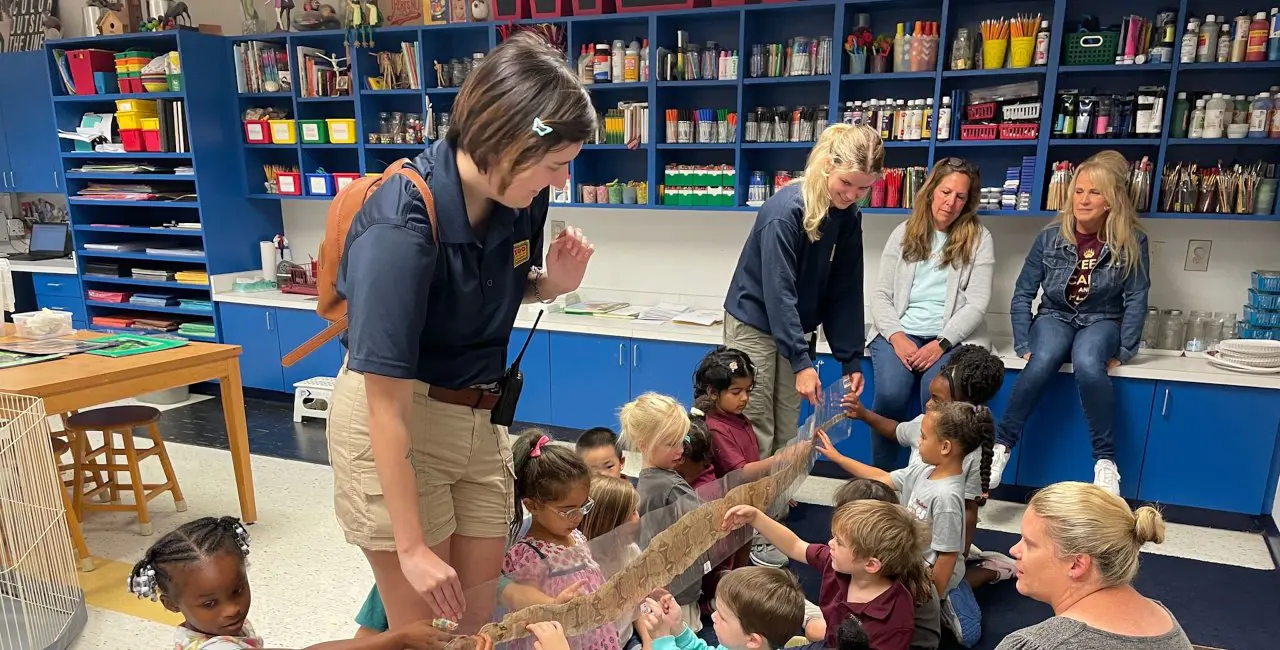
MUSIC AND
MOVEMENT
Students in all grade levels participate in Music and Movement classes four times each week. This curated program enhances physical coordination, rhythm awareness and creative expression. Students explore and replicate rhythms and enjoy playing basic instruments. Primary School students shine on stage while singing and dancing in the musical in the spring. Additionally, they showcase their athletic skills and coordination at field day.
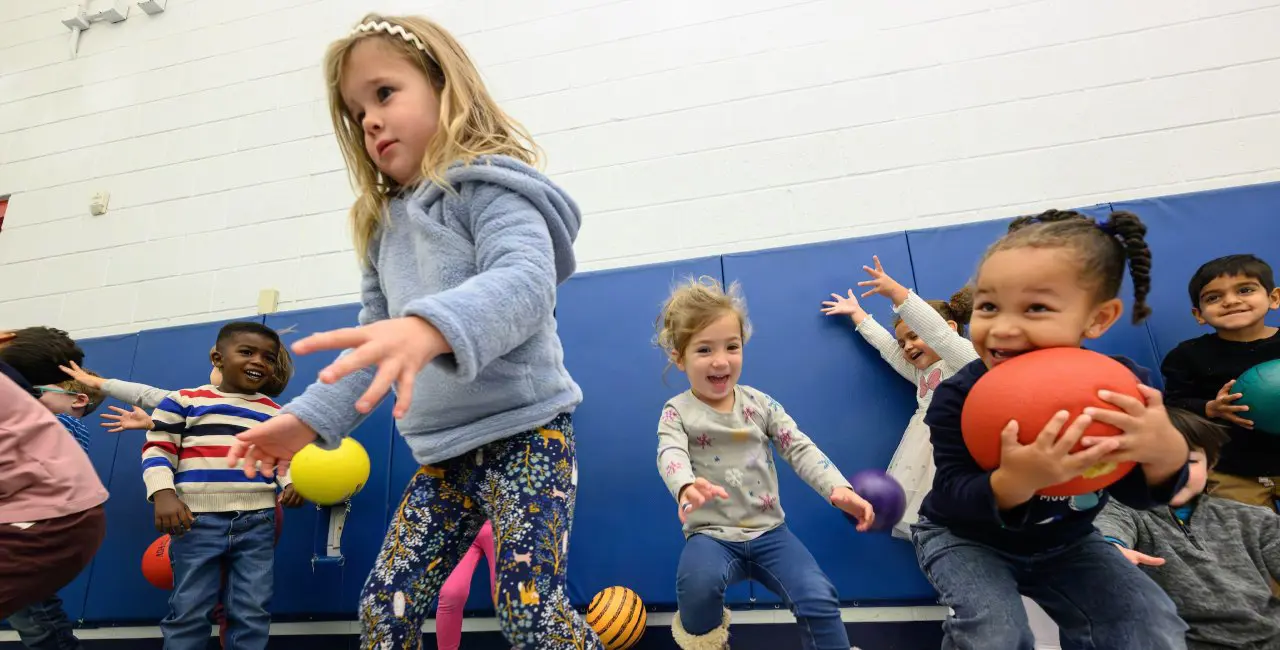
SPANISH
Beginning in Early Learners, students are introduced to the Spanish language and culture through the use of songs and children’s literature written by native speakers. Students become skilled at recognizing and labeling colors, numbers, letters and sounds in Spanish. Gradually, their vocabulary grows, and they are able to use expressions and phrases to talk about the world around them.
_468.webp?version=638586222039770000)
| Early Learners |
|---|
|
Students in our Early Learners program (ages 3 and 4) learn about themselves and the world around them through play, a model that extends throughout all grade levels in the Primary School. Students have time to explore and construct meaning on their own in a nurturing environment with adults they know and trust. Students hone their speaking and listening skills by participating in morning meetings. Early Learners develop a strong number sense through one-to-one correspondence and grouping. Through play, they build fine motor strength and skills. Research-based handwriting instruction begins in Early Learner classrooms and continues through Kindergarten and into the Lower School. Students have a dedicated rest time each day, as well as recess and various brain breaks throughout the day. |
| Pre-Kindergarten |
|
In Pre-Kindergarten, students continue to develop their academic and social-emotional skills while adding more foundational building blocks. There is an increased focus on number sense and phonemic awareness through our math and literacy programs. Students learn critical pre-writing skills, including how to blend sounds and create rhymes and how to match sounds with specific letters and words. Pre-Kindergarten students also begin working on uppercase and lowercase letter formation and number writing. Students have dedicated rest time, recess and brain breaks each day. |
| Kindergarten |
|
In Kindergarten, students further develop their reading, writing, math and social skills. Kindergarteners expand their number sense and further explore geometry, measurement and data, and operations and algebraic thinking. A multisensory approach to teaching fosters the development of both phonological and phonemic awareness. Explicit handwriting instruction continues as students focus on lowercase letter formation and learn the mechanics of writing sentences with punctuation. Students express themselves and create content as both authors and illustrators. |

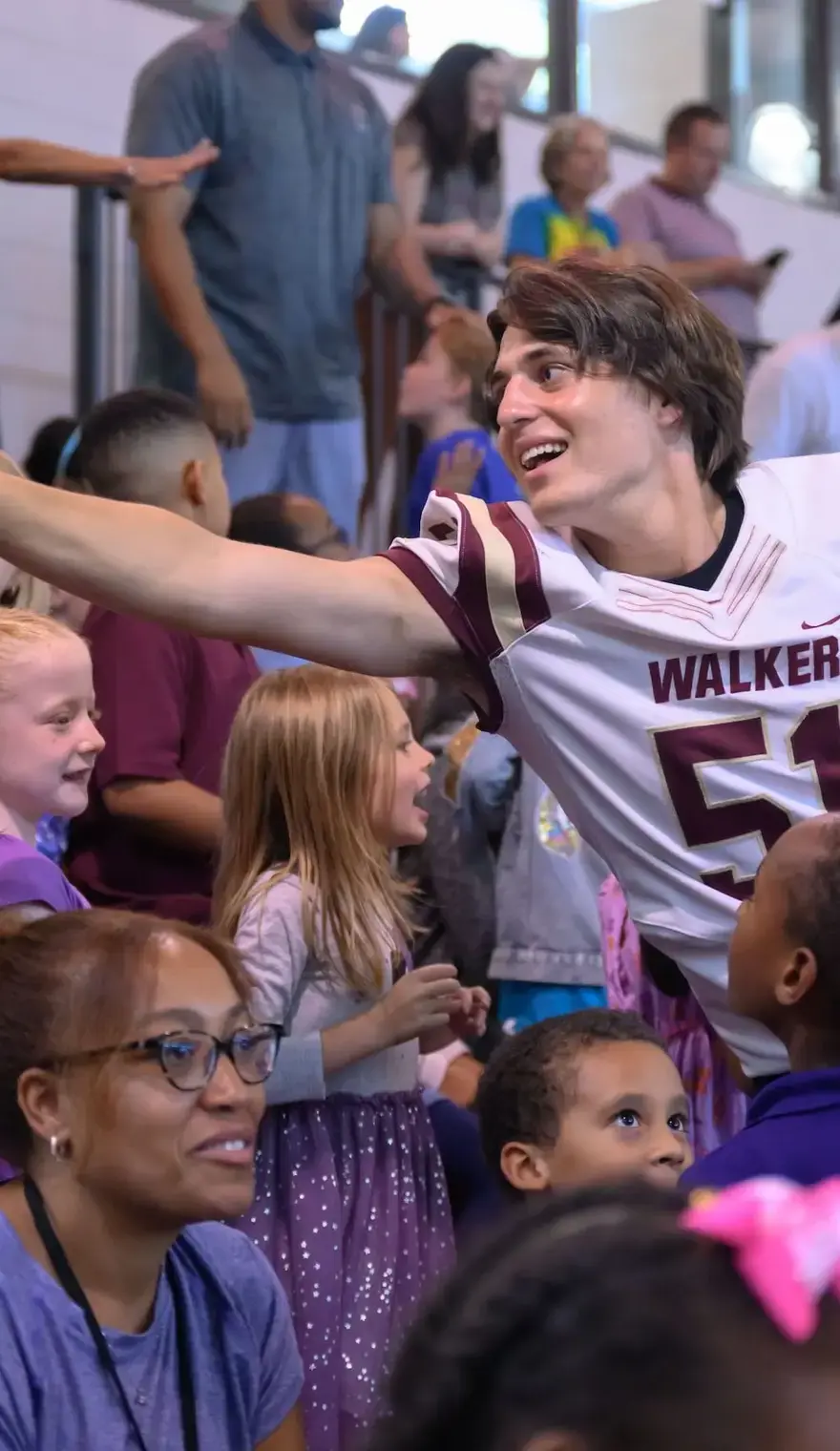
_2414.webp?version=638622815714330000)
